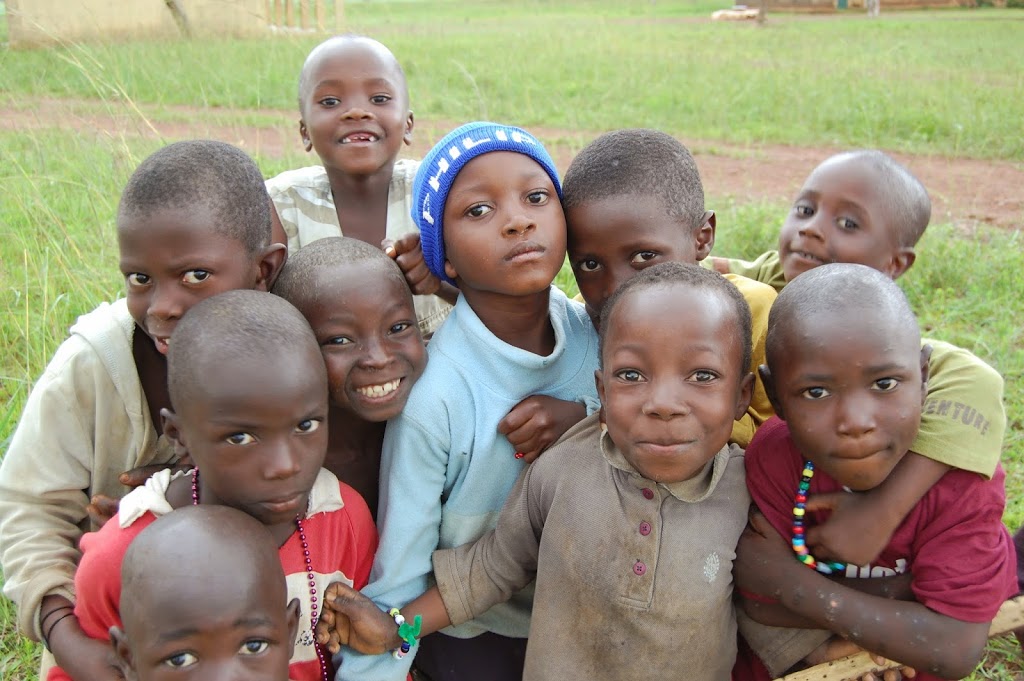On this World Day for the Prevention of and Healing from Child Sexual Exploitation, Abuse, and Violence, the global community pauses to focus on a deeply troubling issue that affects millions of children. In Nigeria, this day calls for urgent reflection and action. Child sexual exploitation and abuse are not only humanitarian and social crises; they are also economic issues with severe long-term consequences for the nation.
The economic toll of child sexual abuse in Nigeria is staggering. Children who experience abuse often suffer from severe trauma that impacts their mental health, physical well-being, and ability to engage fully in education and employment later in life. As a result, the nation’s productivity and workforce potential are significantly hampered. Survivors often face ongoing health issues, including psychological conditions such as depression, anxiety, and post-traumatic stress disorder. These conditions strain Nigeria’s health system, requiring interventions and resources that could otherwise support economic growth. Moreover, when young people are unable to reach their full potential due to the lifelong impact of abuse, the economy loses their potential contributions. This is not just a social problem—it is a structural economic loss.
Education, a cornerstone of economic advancement, is another area profoundly affected. Children who experience abuse are often unable to continue their studies, either due to physical and emotional trauma or the stigma associated with their experiences. Consequently, child abuse disrupts the educational pipeline, creating a generation that may struggle to gain employment or contribute meaningfully to Nigeria’s development. To build a vibrant economy, Nigeria needs an educated and healthy workforce, and addressing child sexual exploitation and abuse is an essential step toward that goal.
The Nigerian government and society must recognise the economic, social, and human costs of child sexual abuse and respond with the same urgency they would to other threats to national development. Stronger policies and enforcement are essential to prevent abuse, support survivors, and prosecute offenders. For example, clear and enforceable laws around mandatory reporting, stricter punishments for offenders, and improved child protection measures in schools and communities can help prevent abuse and create a safer environment for children.
Community awareness is another powerful tool. Advocacy and education campaigns should focus on educating parents, teachers, and community leaders to recognise and respond to signs of abuse. Reducing the stigma associated with sexual abuse is crucial so that survivors and their families feel empowered to seek help without shame. A collaborative effort between government agencies, non-profits, and community organisations can help ensure that child protection becomes a priority across all sectors.
Addressing child sexual exploitation and abuse is also an investment in Nigeria’s economic resilience. Survivors often need comprehensive support, including counseling, healthcare, and educational assistance. Establishing easily accessible centers for healing and rehabilitation could help survivors regain control of their lives and become productive members of society. This support must be provided at the grassroots level, ensuring that children in every community have access to the help they need.
International organisations and development partners can also play a role by providing technical assistance, funding, and expertise to help Nigeria strengthen its child protection systems. By working together to create a society that prioritises child safety and recovery, Nigeria can set a precedent for other countries facing similar challenges and demonstrate a commitment to both human rights and economic progress.
On this day, Nigeria has the opportunity to commit to a future where every child can grow, learn, and thrive without fear. Protecting children from sexual exploitation and abuse is not only a moral obligation; it is essential to securing Nigeria’s long-term economic and social stability. A nation that safeguards its children’s well-being is one that invests in a brighter and more prosperous future for all.





